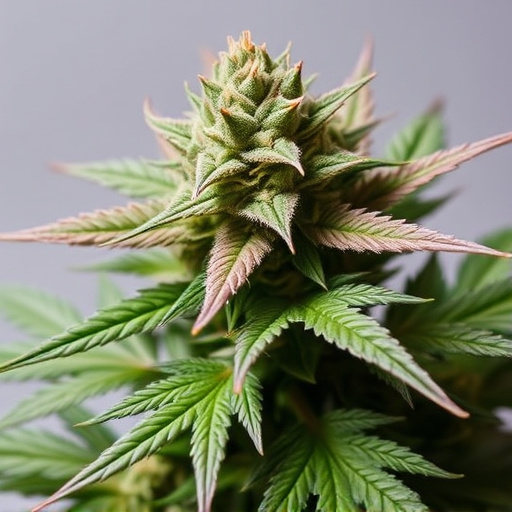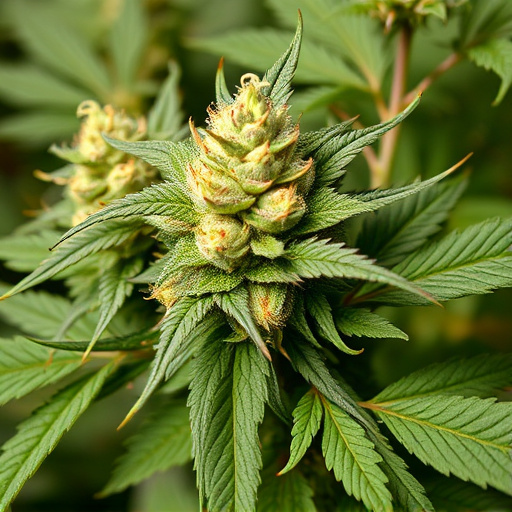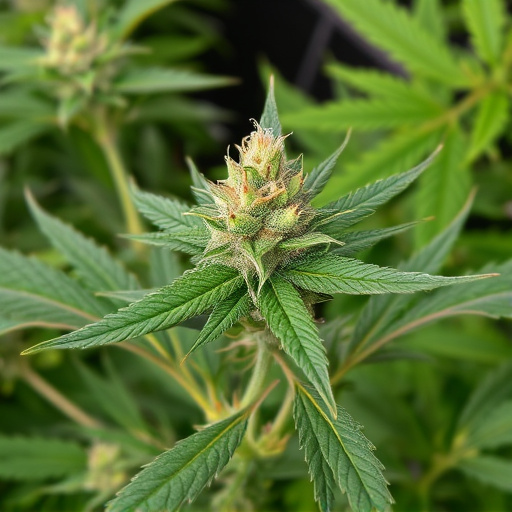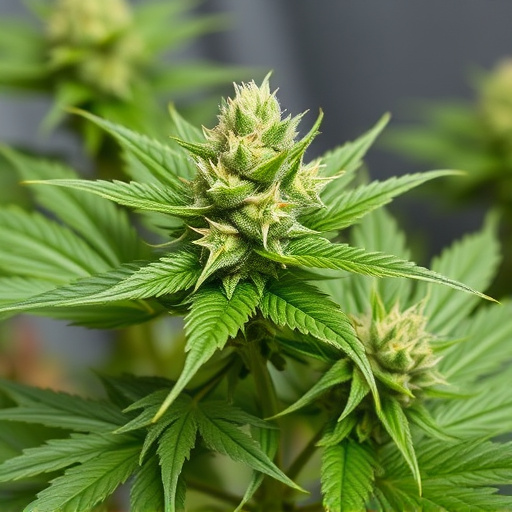Sour cannabis strains, characterized by high THC levels and unique terpene profiles, offer targeted relief for stress, anxiety, pain, and nausea. Popular for their therapeutic effects, these strains provide gentle yet effective treatment options, especially for beginners or those with mild conditions. When considering sour strains, consult healthcare professionals for personalized guidance based on specific medical needs and desired outcomes.
“Unraveling the potential of medical cannabis begins with understanding its diverse strains. This article guides you through the intricate world of sour cannabis strains and their therapeutic applications. We explore how specific genetic traits offer unique benefits for various medical conditions. From chronic pain to anxiety, discover which sour strains are making headlines in healthcare. Learn about dosage considerations, preferred consumption methods, and individual patient needs to ensure optimal treatment outcomes with these potent plants.”
- Understanding Cannabis Strains and Their Effects
- Medical Conditions and Suitable Sour Cannabis Strains
- Choosing the Right Strain: Dosage, Consumption Methods, and Patient Considerations
Understanding Cannabis Strains and Their Effects
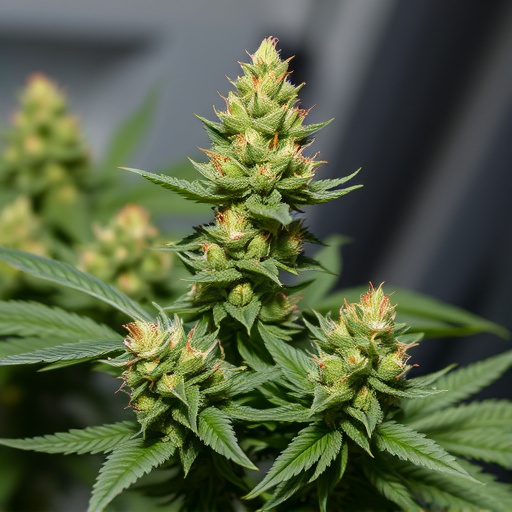
Cannabis strains vary greatly in their composition, known as terpenes and cannabinoids, which directly influence their effects on the body and mind. Understanding these differences is key to selecting a suitable strain for specific medical conditions. For instance, sour cannabis strains often contain higher levels of THC (tetrahydrocannabinol), the primary psychoactive compound responsible for feelings of euphoria and relaxation. This makes them popular for treating stress, anxiety, and insomnia.
Additionally, these strains typically have lower concentrations of CBD (cannabidiol), another crucial cannabinoid known for its anti-inflammatory and pain-relieving properties. As such, while sour strains can be beneficial for mild to moderate pain management and improving mood, they may not be the best choice for conditions requiring significant anti-inflammatory or analgesic effects. Always consult with a healthcare professional before using cannabis for medical purposes.
Medical Conditions and Suitable Sour Cannabis Strains

When it comes to managing medical conditions with cannabis, different strains offer unique profiles of cannabinoids and terpenes that can target specific symptoms. Sour cannabis strains, known for their potent THC levels and distinct tangy aroma, have gained popularity among patients seeking relief from various ailments. These strains are particularly effective for conditions like chronic pain, inflammation, and nausea associated with treatments like chemotherapy. The high THC content in sour strains can interact with the endocannabinoid system to reduce discomfort and stimulate appetite, making them a valuable tool for patients looking to improve their quality of life.
Additionally, specific terpenes found in sour cannabis strains contribute to their therapeutic effects. Terpenes like limonene, known for its citrusy scent, have been linked to enhanced mood and reduced anxiety, while myrcene, with its earthy notes, is believed to promote relaxation and sleep. The combination of high THC and carefully selected terpenes makes sour strains a promising choice for those seeking natural remedies for a range of medical conditions.
Choosing the Right Strain: Dosage, Consumption Methods, and Patient Considerations

When selecting a cannabis strain for medical purposes, choosing the right one depends on several factors. It’s essential to consider the specific medical condition being treated and the desired effects. For instance, patients seeking pain relief might prefer indica strains known for their relaxing and sedative properties, while those managing anxiety could benefit from sativas that promote a calm yet energizing state.
Dosage and consumption methods play a significant role too. Different strains have varying levels of THC (tetrahydrocannabinol) and CBD (cannabidiol), the key compounds responsible for their effects. Consuming cannabis can be through various methods, including inhalation (vaping or smoking), oral ingestion (edibles, capsules), or topical applications. Each method has its advantages and may suit different patient preferences and needs. For instance, low-THC/high-CBD sour cannabis strains are often recommended for beginners or patients with mild conditions due to their milder effects, while higher THC content can be beneficial for severe pain or insomnia when used responsibly.
When selecting a suitable sour cannabis strain for medical conditions, understanding the unique effects of each variant is key. The right choice can significantly impact patient outcomes, offering relief and enhancing quality of life. By considering specific conditions, preferred consumption methods, and individual tolerances, patients can navigate the diverse world of sour cannabis strains to find their optimal treatment partner. Remember, with proper guidance, these powerful plants have the potential to revolutionize healthcare.








